SpaceX's workhorse Falcon 9 rocket has been grounded, at least for a little while.
A Falcon 9 successfully launched 21 of SpaceX's Starlink satellites this morning (Aug. 28), sending them to orbit on the record-breaking 23rd mission for the rocket's first stage. That booster encountered a problem during its return to Earth, however, toppling over shortly after landing at sea on a SpaceX droneship.
The U.S. Federal Aviation Administration (FAA) announced today that it's requiring an investigation into the failed touchdown — and that the Falcon 9 won't fly again until that inquiry has wrapped up.
SpaceX will conduct the investigation, but the FAA will oversee the work and assess its findings.
"A return to flight of the Falcon 9 booster rocket is based on the FAA determining that any system, process or procedure related to the anomaly does not affect public safety," FAA officials said in an emailed statement.
"In addition, SpaceX may need to request and receive approval from the FAA to modify its license that incorporates any corrective actions and meet all other licensing requirements," they added.
Related: Starlink satellite train: how to see and track it in the night sky
It's unclear how long this process will take. But a relatively quick resolution is likely; SpaceX works fast, after all. The company returned the Falcon 9 to flight last month just 15 days after the rocket's second stage suffered an anomaly, which resulted in the loss of 23 Starlink satellites.
This morning's mishap was not as serious as that one, affecting only the rocket's landing; the Falcon 9's upper stage deployed the Starlink satellites into low Earth orbit as planned.
A grounding of even a few days, however, could affect a very high-profile launch that SpaceX is prepping for — that of Polaris Dawn, which will launch four people to orbit on a pioneering five-day mission that will feature the first-ever private spacewalk.
SpaceX had aimed to launch Polaris Dawn early this morning but called the attempt off due to projected bad weather. The company also ruled out an attempt on Thursday morning (Aug. 29) but has yet to set a new target date.
.png)
 3 weeks ago
20
3 weeks ago
20
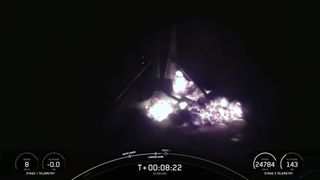

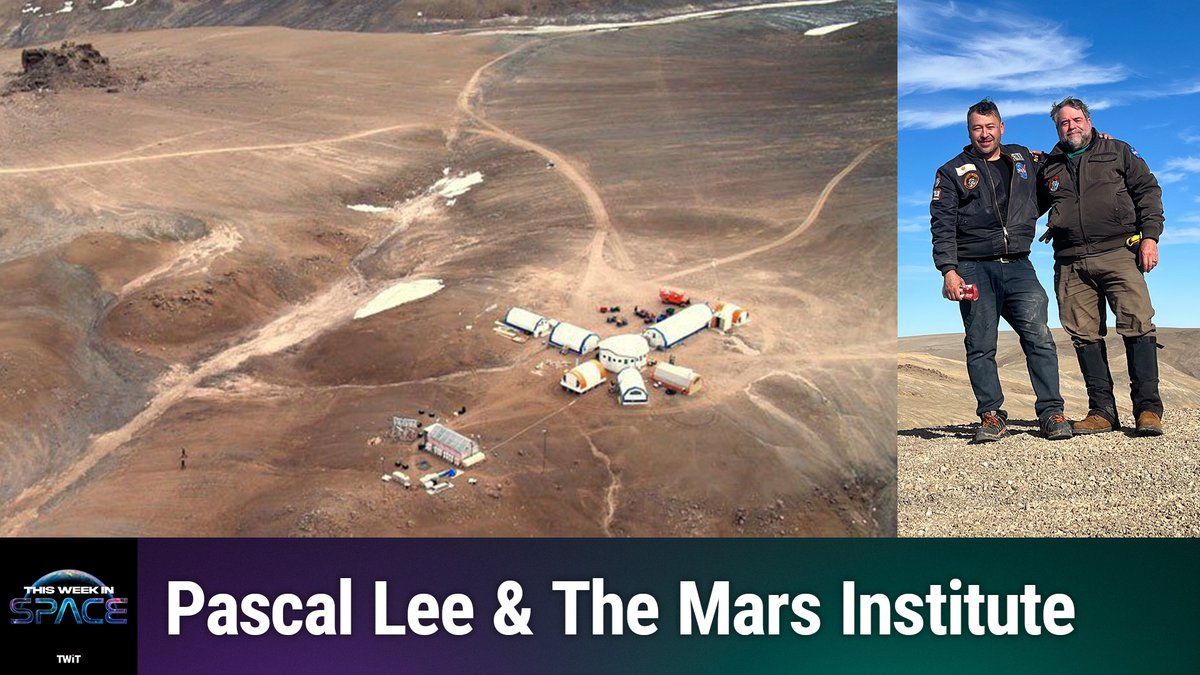
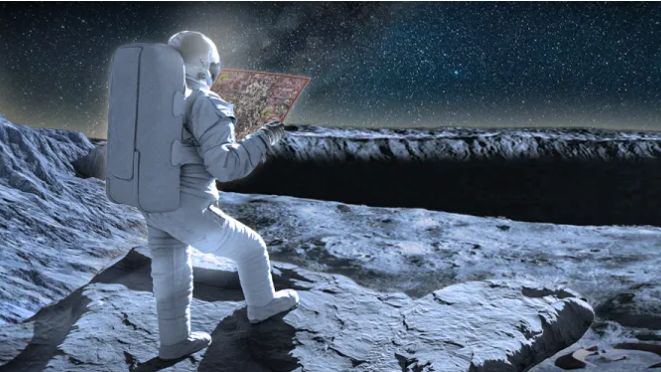

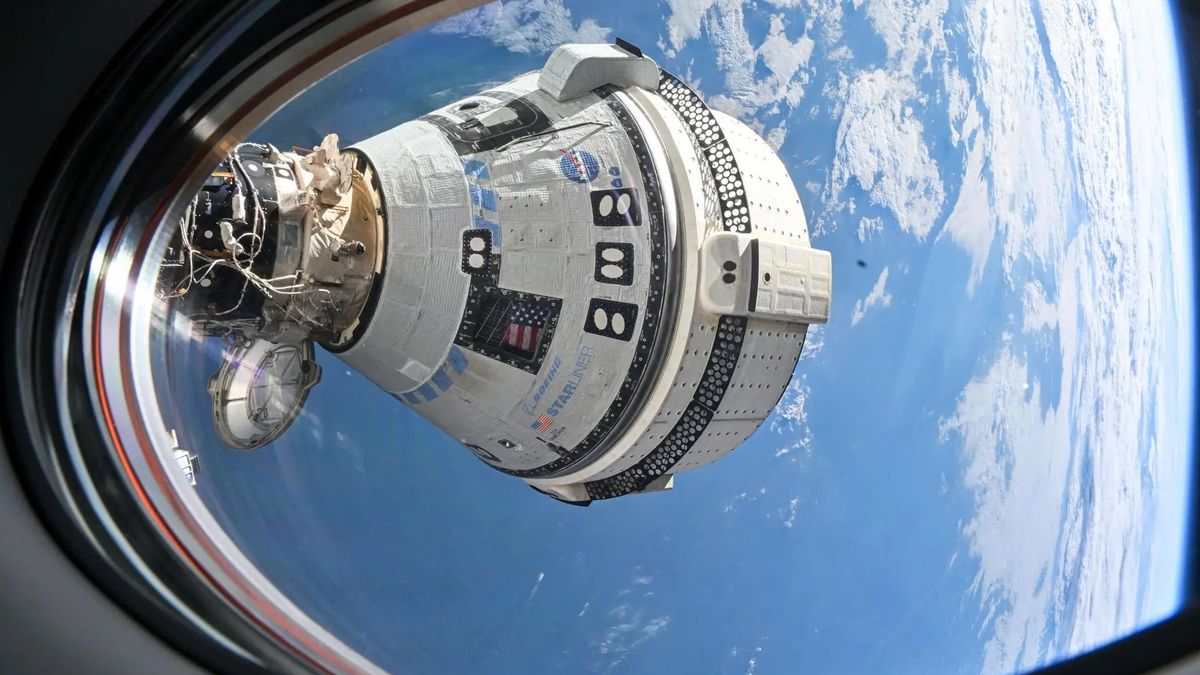
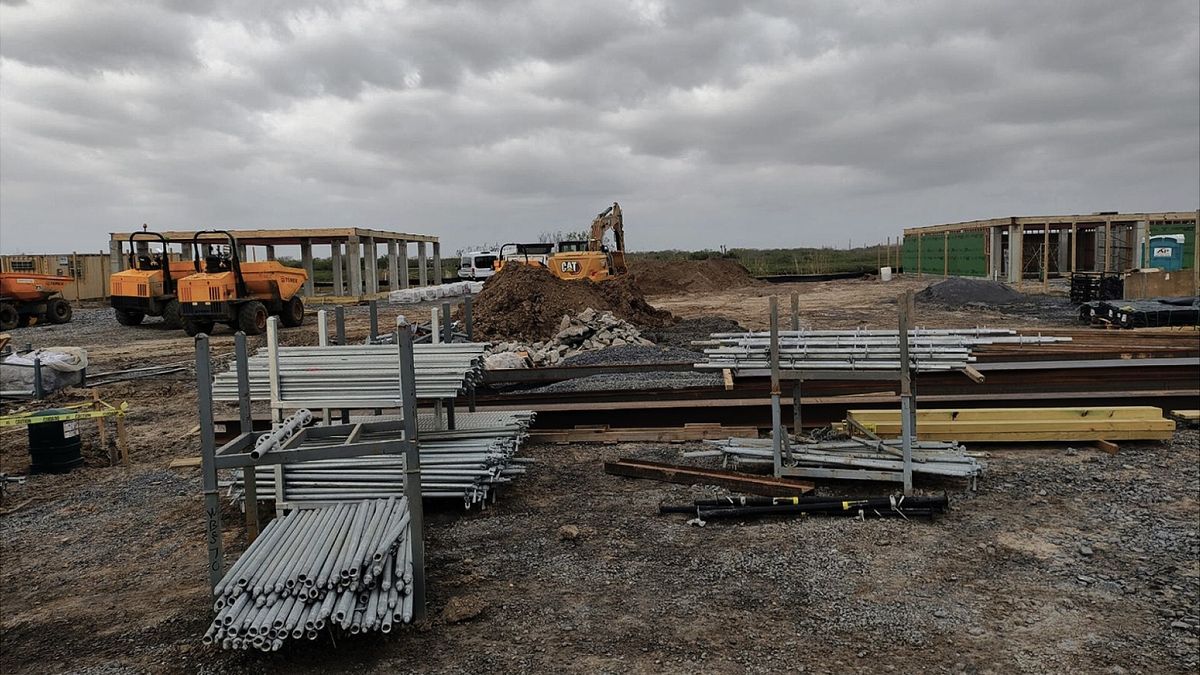
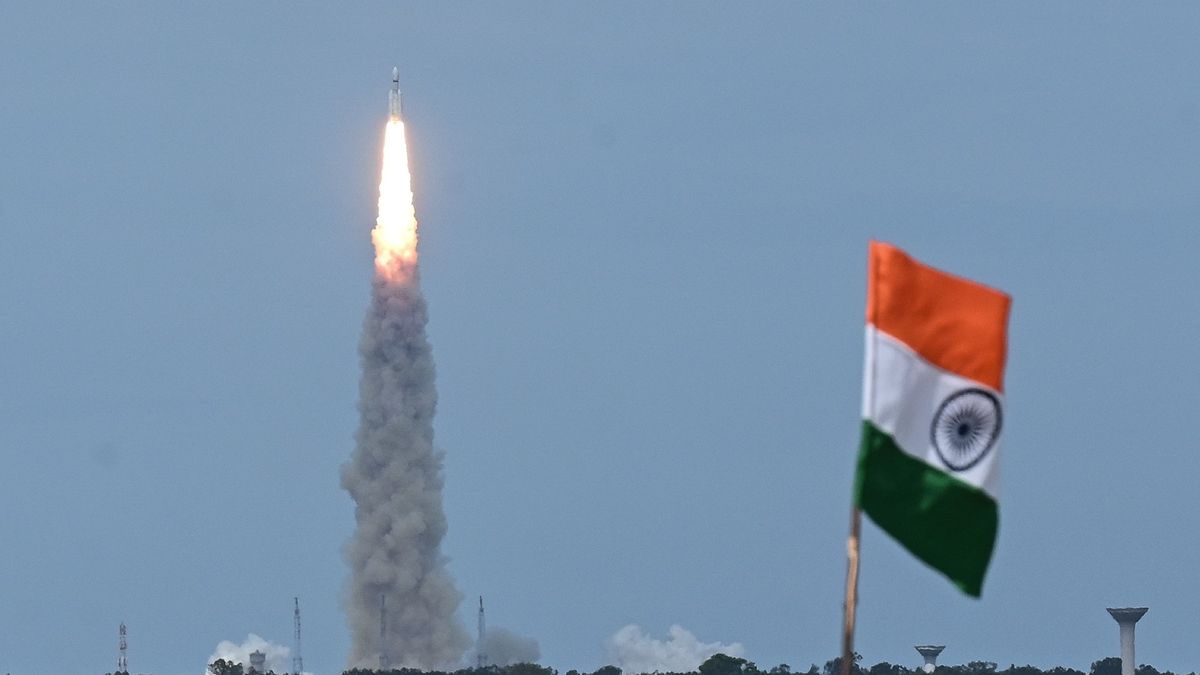






















 Bengali (BD) ·
Bengali (BD) ·  English (US) ·
English (US) ·